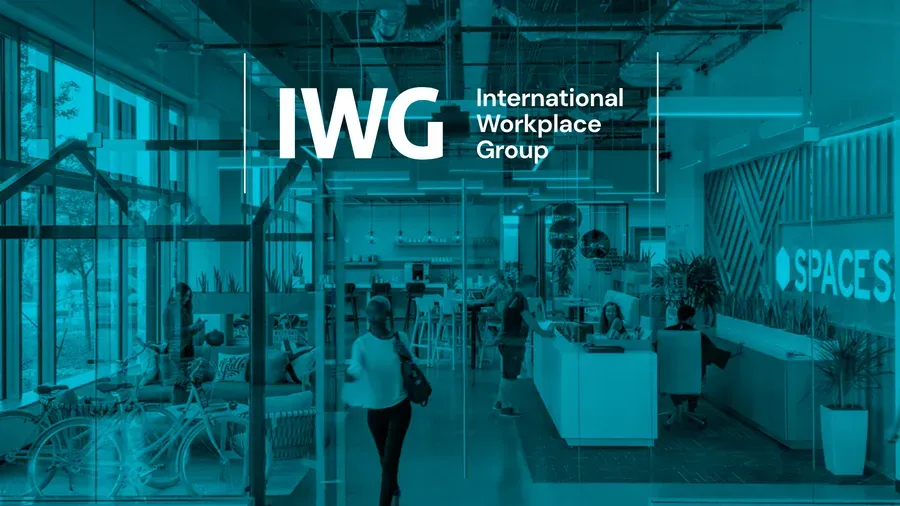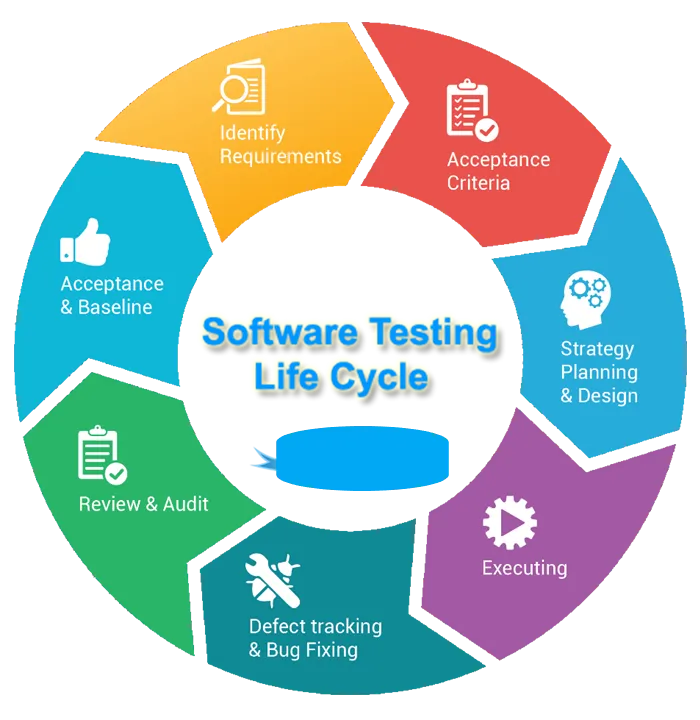Project Overview
IWG is a global provider of flexible workspace solutions, operating under various brand names such as Regus, Spaces, The Club House and No18. With a presence in over 110 countries, IWG offers a range of workspaces, including private offices, co-working spaces, and virtual offices, as well as meeting and conference rooms. The company’s mission is to provide flexible and innovative solutions to support individuals and businesses in achieving their goals and enhancing their productivity.

Challenges
- The client expressed a desire for a cutting-edge testing solution that would incorporate continuous tuning capabilities to ensure that their product was operating at optimal levels. It was crucial to conduct comprehensive functional testing to verify that all features and functionalities were working correctly, as well as non-functional testing to ensure that the application could handle a high volume of users and data without any performance issues.
- Given IWG’s complex system with multiple user roles and varying access levels, it was imperative to have possessed a deep understanding of these access levels. By considering the different user roles and their corresponding access levels, it was necessary to conduct targeted testing, which ultimately contributed to the seamless functioning and overall success of the project.
- The client required QA specialists who could efficiently collaborate with cross-functional teams and possess expertise in utilizing various cross-functional tools such as Insomnia, Postman, Jira, and XRay to improve the product’s quality. They specifically sought QAs with proficiency in the CRM system (Microsoft Dynamics) and experience in working with .NET-based applications. Additionally, familiarity with the new GraphQL was an essential requirement.
- Conducted a comprehensive analysis of the product backlog and played a pivotal role in assisting the team with strategic prioritization of tickets based on their criticality and impact on the project’s success.
- Given that IWG had additional systems such as Titan and CRM and Proton, which were interconnected with the main dashboard, the QA team faced the challenging task of seamlessly collaborating with multiple teams. However, it was essential to possess exceptional communication skills to maintain constant and effective communication. This allowed for swift identification, highlighting, and resolution of any discrepancies that arose during the project.

Solution & Strategy
- We implemented a comprehensive approach that involved continuous testing, functional and non-functional testing. This included creating a robust test plan, conducting thorough functional testing to verify proper feature functionality, and performing rigorous non-functional testing to ensure scalability and performance. We also implemented regular testing and tuning cycles to maintain quality and prevent regressions. Our goal was to deliver a high-quality product that met client expectations.
- To address the complexity of IWG’s system with multiple user roles such as Admin, Base, Enterprise, Community and NTT User, Our team gained a thorough understanding of these access levels. Test cases were prepared in X-ray, taking into account the specific roles. This approach enabled targeted testing, allowing us to comprehensively assess the system’s functionality and verify its performance across different access levels.
- To facilitate effective collaboration with cross-functional teams, we leveraged tools such as Slack, Teams, and Jira. These platforms enhanced communication and coordination among stakeholders, enabling the seamless sharing of feedback and ideas across teams. Additionally, we utilized cross-functional tools like Insomnia, Postman, Jira, and XRay to efficiently identify and resolve issues in a timely manner. To ensure our team remains well-equipped, we conducted regular training sessions to keep them updated on the latest tools and technologies relevant to the project. This comprehensive approach contributed to the overall enhancement of product quality.
- We ensured that the QA team comprised specialists who possess expertise in the CRM system (Microsoft Dynamics) and GraphQL. This proficiency proved crucial in effectively testing and validating the implementation of GraphQL within the application. Their knowledge and skills enabled thorough testing of the CRM system integration and ensured the proper functioning of the .NET components. This expertise played a vital role in ensuring the overall quality and functionality of the application.
- In order to prioritize the product backlog, we conducted an assessment of the tickets, considering their importance and assigned them accordingly to the suitable team members for testing. We maintained regular communication with the team, providing timely updates on the status of the tickets and ensuring a seamless integration of the testing process into the overall development workflow.

Conclusion
- In conclusion, our implementation of a comprehensive approach encompassing continuous testing, functional and non-functional testing aimed to deliver a high-quality product that met client expectations. Through the creation of a robust test plan, thorough functional testing, and rigorous non-functional testing, we ensured proper feature functionality, scalability and performance.
- Regular testing and tuning cycles were implemented to maintain quality and prevent regressions. Our effective collaboration with cross-functional teams, facilitated by tools like Slack, Teams, and JIRA, enhanced communication and issue resolution.
- The expertise of our QA team in the CRM system (Microsoft Dynamics) and GraphQL proved instrumental in testing and validating GraphQL and ensuring the proper functioning of the application’s components.
- Lastly, our meticulous assessment and prioritization of the product backlog, along with regular communication with the team, ensured seamless integration of the testing process into the development workflow. Overall, our efforts aimed to deliver a high-quality product while meeting the project’s objectives.

